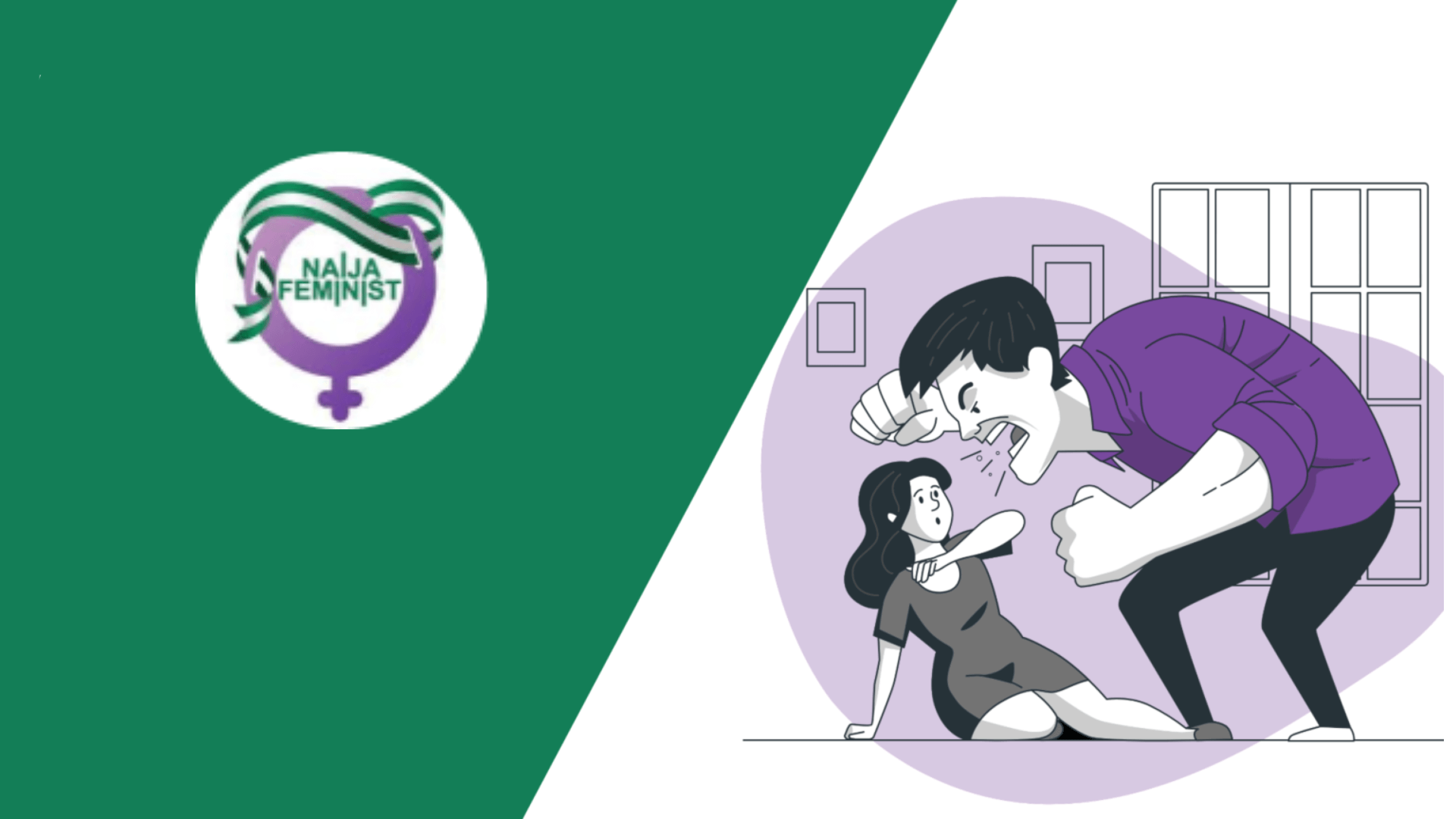Hello friend, Happy New Month! As we emerge into the -ember months, it is imperative to discuss male violence against women and girls in Nigeria. This is a serious issue that is often hidden and ignored, with victims frequently judged harshly and their stories questioned and dismissed. Our society tends to focus more on the perpetrators, giving them support and sympathy, even when they admit wrongdoing.
There is a prevalent blame-the-victim mentality, where survivors face shame and scrutiny rather than receiving support. Instead of focusing on the victim’s well-being, public attention often shifts towards helping the perpetrator. This dynamic is evident in how communities respond; the offender frequently garners more sympathy and support than the victim. The case of 15-year-old Goodluck Bisong raping 14-year-old Mercy exemplifies this issue. Despite the horrific act of the perpetrator, with eyewitnesses confirming the incident, some Nigerians still found a way to excuse the perpetrator rather than seek justice for the victim. Several individuals began to advocate for the “rehabilitation” of the perpetrator, Goodluck Bisong, rather than ensuring that the survivor received the care and justice she deserved. This incident underscores the pervasive culture that prioritises the consideration of male perpetrators regardless of their actions over the humanity, rights and well-being of women and girls. The cycle of silence, victim-blaming, and lack of male accountability contribute significantly to the persistence of male violence against women and girls. This is evident in the case of Ayomide Adeleye, who murdered Christina, whose first femicide victim was his sister, followed by his ex-girlfriend. In both instances, there were attempts to cover up his heinous crimes, highlighting a concerning trend of protection and concealment. As such, we must challenge these harmful attitudes, advocating for a shift in societal norms by holding perpetrators accountable and ensuring survivors are believed, supported, and empowered to reclaim their narratives. Let us commit ourselves to women’s liberation by standing by survivors and holding perpetrators accountable for their actions regardless of age, reason, or time. #JusticeForChristiana #JusticeForMercyVangervihi At Naija Feminists Media, we are committed to advancing the rights of women and girls through the media and grassroots activism. Together, we can create a society where victims are believed, offenders are held accountable, and everyone can live free from violence and fear. With love, strength, and glitter,The Naija Feminists Community.  | A Naija Feminist’s Guide to Radical FeminismBy: Tobilola Akanni That women are seen as an inferior class of humans – biologically, psychologically, physically, socially, even spiritually, in some instances, underscores the necessity for feminism. The overarching system responsible for this classification is referred to as patriarchy (some may argue that it no longer exists, erroneously assuming that it has been watered down by the interplay of various modern phenomena such as capitalism and postmodernism, but the numbers and feelings don’t lie). Patriarchy, in its simplest meaning, denotes male rule, spanning from the private to the public sphere, and encompasses the veneration and accordance of superiority to men.As such, feminism is uniquely and exponentially influential in terms of its purpose and perspective. It is by women and, for women, the other sex of the human species, collectively making up half of the human race worldwide. This scope of influence is both encompassing and binding, allowing for a range of experiences and views by women and making women’s voices and interests central. As such, any effective approach to women’s liberation must, therefore, start from the basic basis of sex or at least acknowledge it. Continue reading to learn more about radical feminism.
 | Naija Feminists Media (NFM) team intervention helped raise over N3 million for Mercy Vangervihi’s medical treatment after she was violently assaulted by 15-year-old Goodluck Bisong. The incident, which was reported on NFM’s community platform, led to corresponding interventions, including an investigation and reporting of the story, fundraising efforts by community members, and NFM’s team seeking justice for the survivor via an official report to the Nigerian Army. The incident, first reported by our organisation within 24 hours of the launch of our website, led to a nationwide conversation on male violence against women. Partner with us or support our cause here.  |
 |
 | The SHE Awards nomination is now open. The prestigious award recognises female founders across Africa, helping them gain global recognition and allowing them to network with other inspiring women.Good news! If you are in the energy sector, you can apply for the 2024/2025 Women and Clean Energy in West Africa Scholarship and Green Jobs Programme. The deadline is on October 3rd, 2024.Naija Feminists Media offers volunteer positions as content writers and social media managers. Apply via our email, naijafeminists@gmail.com.
|
|
|

